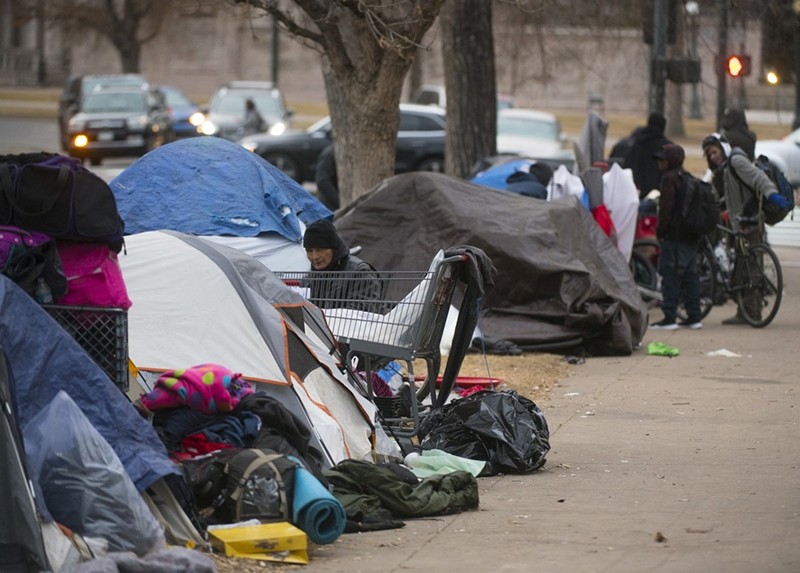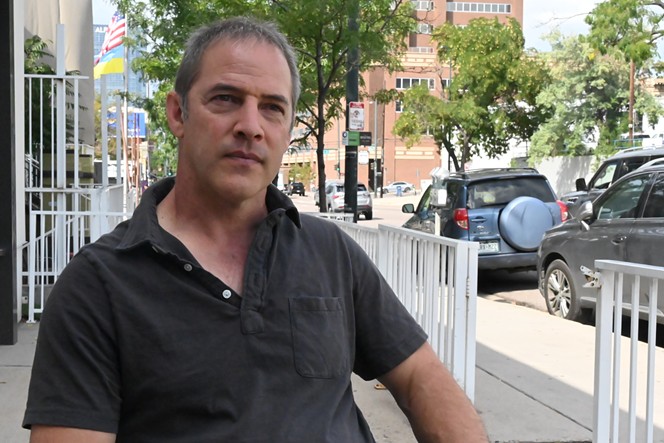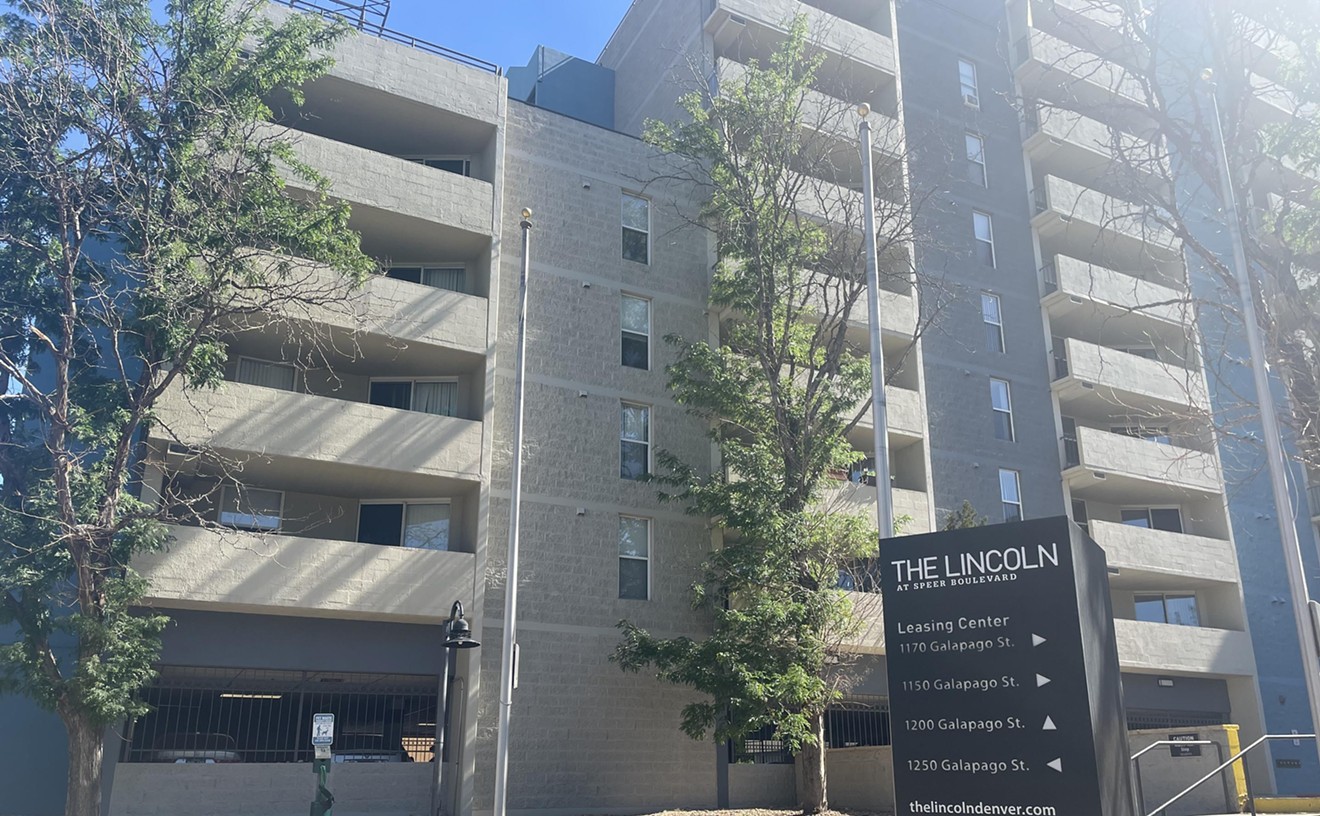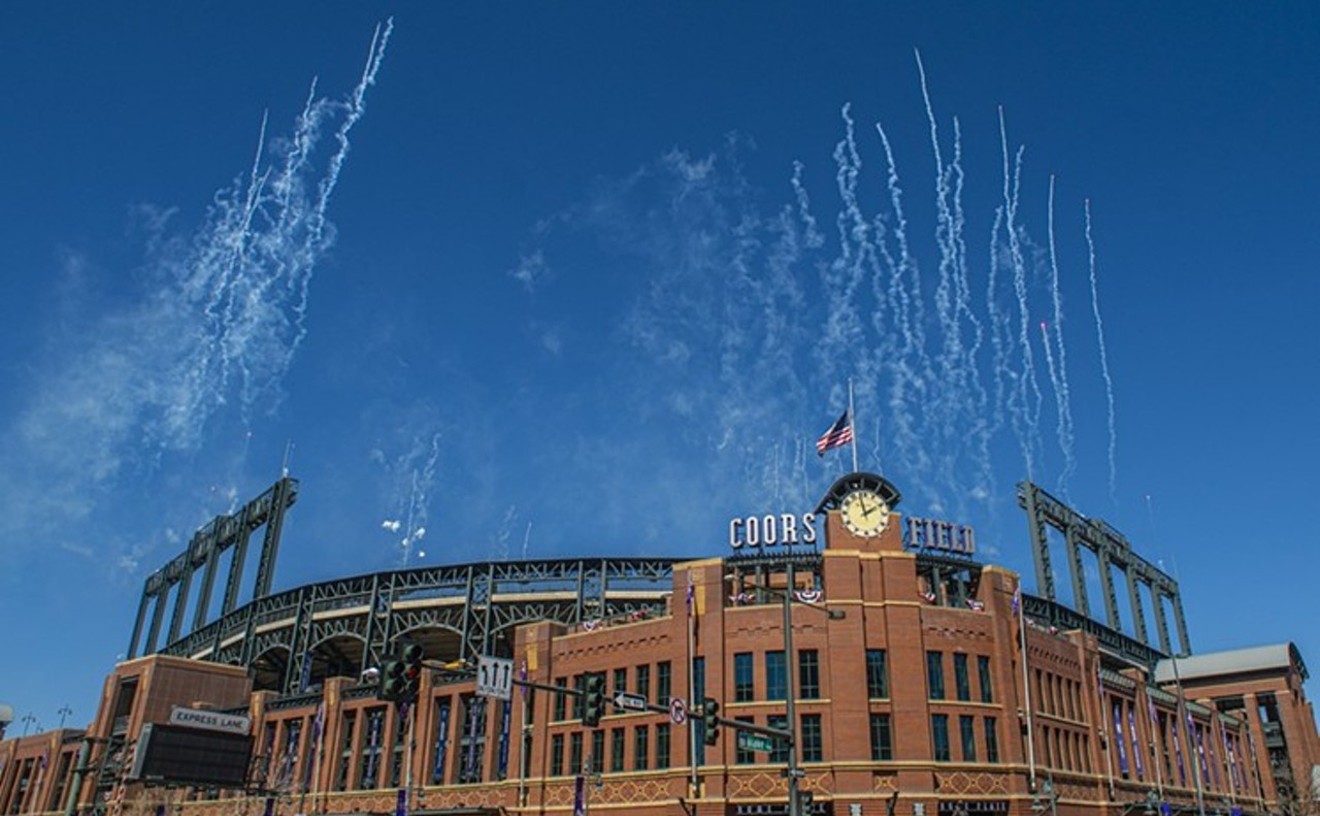Nearly 300 of the 807 residents participating in the Income Project between late 2022 and early 2024 have landed housing, either rented or owned, after at least ten months in the program. The DBIP published these results and more data on Tuesday, June 18.
In 2021, entrepreneur Mark Donovan launched the pilot phases of the DBIP with $500,000 made on early investments in Tesla. It was the first major effort in the country to provide people with a universal basic income.
"We are being watched nationwide," Donovan told reporters on Tuesday. "We are the first and largest to do this particular type of program with this community. We're being watched so others can see the impact and potential of this work."
After success with two pilot programs that ended in August 2021 and July 2022, Donovan launched the first year-long effort to provide a basic income after the Denver City Council awarded the DBIP a $2 million contract in September 2022.
The program started recruiting homeless residents in November 2022 with the help of service organizations like the Colorado Coalition for the Homeless, Servicios de la Raza and the Gathering Place. The DBIP recruited four cohorts in November and December 2022 and in January and February 2023, and completed year-long payments for its last cohorts in February of this year.
Not all 807 participants received $1,000 a month. They were split into three different groups, with one receiving $1,000 a month, another receiving $6,500 in one month and $500 a month afterward, and a comparison group that only receives $50 a month.
Because the University of Denver partnered with DBIP to study the results, the $50 group was created for research purposes. The contract that Denver City Council approved in 2022 expected DBIP and DU to use a control trial, or a study with a comparison group, to monitor for "housing outcomes, utilization of shelter and other homeless services, improvements in psychological health and substance abuse."
Of those 807 participants, approximately 631 consented to be researched and gave feedback. Out of the participants who shared their experiences, almost half of each group reported getting into stable housing.
The group that got the $6,500 lump sum and $500 a month had the highest success rate, with 48 percent making their way into housing. About 44 percent of the $1,000-a-month group reported the same success, while the $50 comparison group saw 43 percent get into housing. All participants also got a phone and a year's worth of data.
"Over time, the likelihood of being unhoused drops dramatically for all groups," Donovan said. "The fact that the comparison group that only received $50 [has had success] tells us that there's more than just the cash. It's the way we're approaching people with trust, the way we are engaging the partner organizations. It's all of that."
Aside from the success of moving people into housing, participants also reported that they had better access to transportation, hygiene, groceries and clothes. They were able to better cover expenses like debts, health care and car repair in addition to rent, according to the report.
The DBIP has already started a second year of paying the same participants a basic income; Donovan says the results have been just as positive. More participants have jobs and are now earning income that's "improving year to year," Donovan added.
"We believe that the second year and even beyond can be even more profoundly transformational," he said. "We don't know what it looks like when you sustain an income floor, and so that's something we're hoping to explore with this work."
Donovan told reporters that he wants results from a full year of the DBIP to create support for local policies that pay basic incomes. He also wants to continue the DBIP with the same cohorts for at least a third year and then expand the project to other locations with more people involved.
"We'd like to show that it's replicable by standing up pilots in other locations, and we'd like to show it's scalable by building the capacity to demonstrate this at the national level so that other communities can see the impact with their own," he said. "We see a path to policy, and we think a policy based on these initial results would be something beneficial to society."
For comparison, Mayor Mike Johnston's ambitious House1000 plan, now known as All In Mile High, has moved nearly 1,600 people indoors since last summer, and about 360 homeless residents have moved mostly into leased units, as well as permanent housing. Close to 20,000 migrants, mostly from Venezuela, have passed through the city's shelters as well. About 300 migrants are currently in the city's shelters, but the city has helped more than 2,300 of them get work authorization to support themselves.













